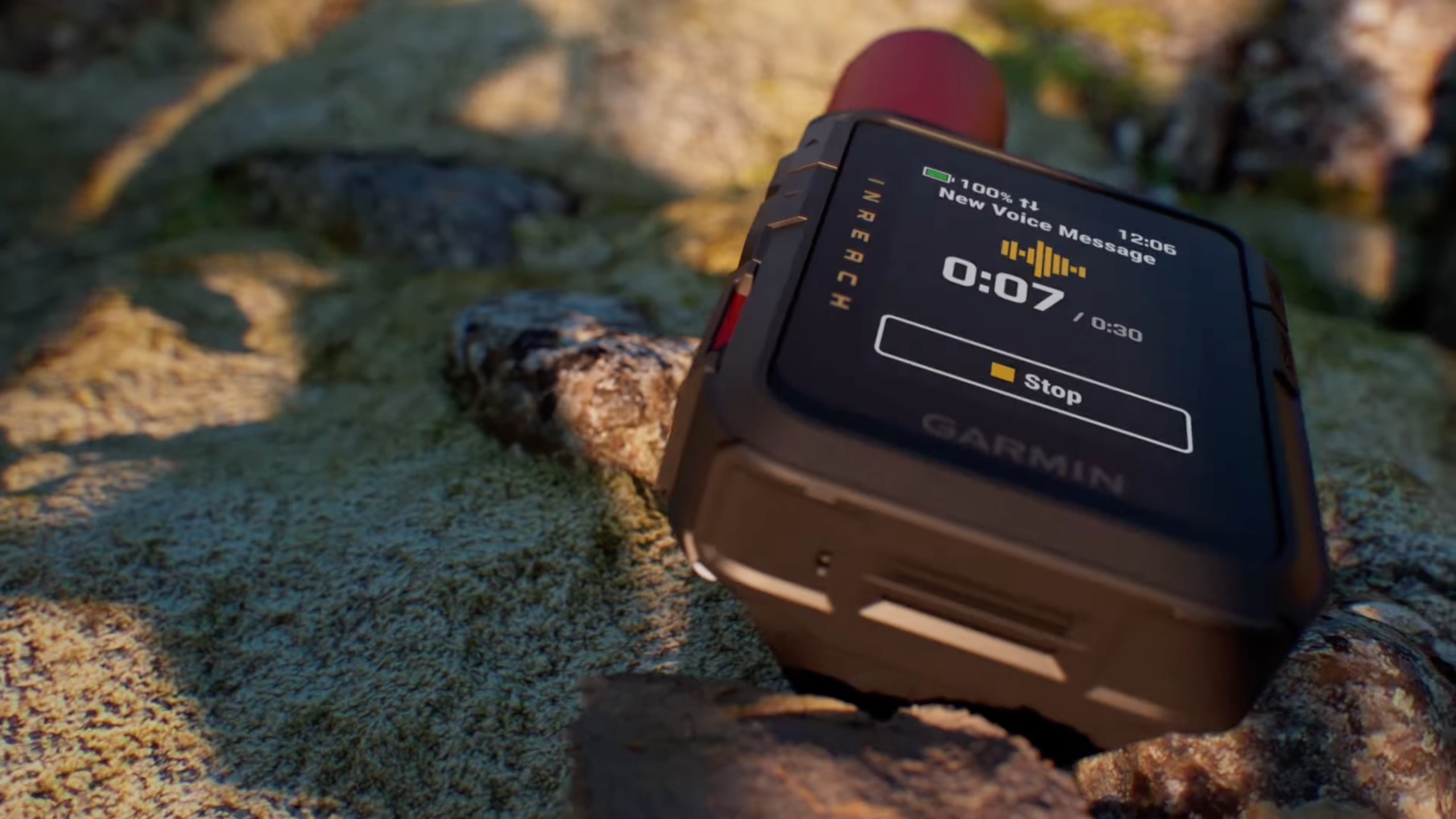I can't shake the feeling that ChromeOS is nearing the end, or is it a new beginning?
Chromebooks are dead (probably), long live Chromebooks
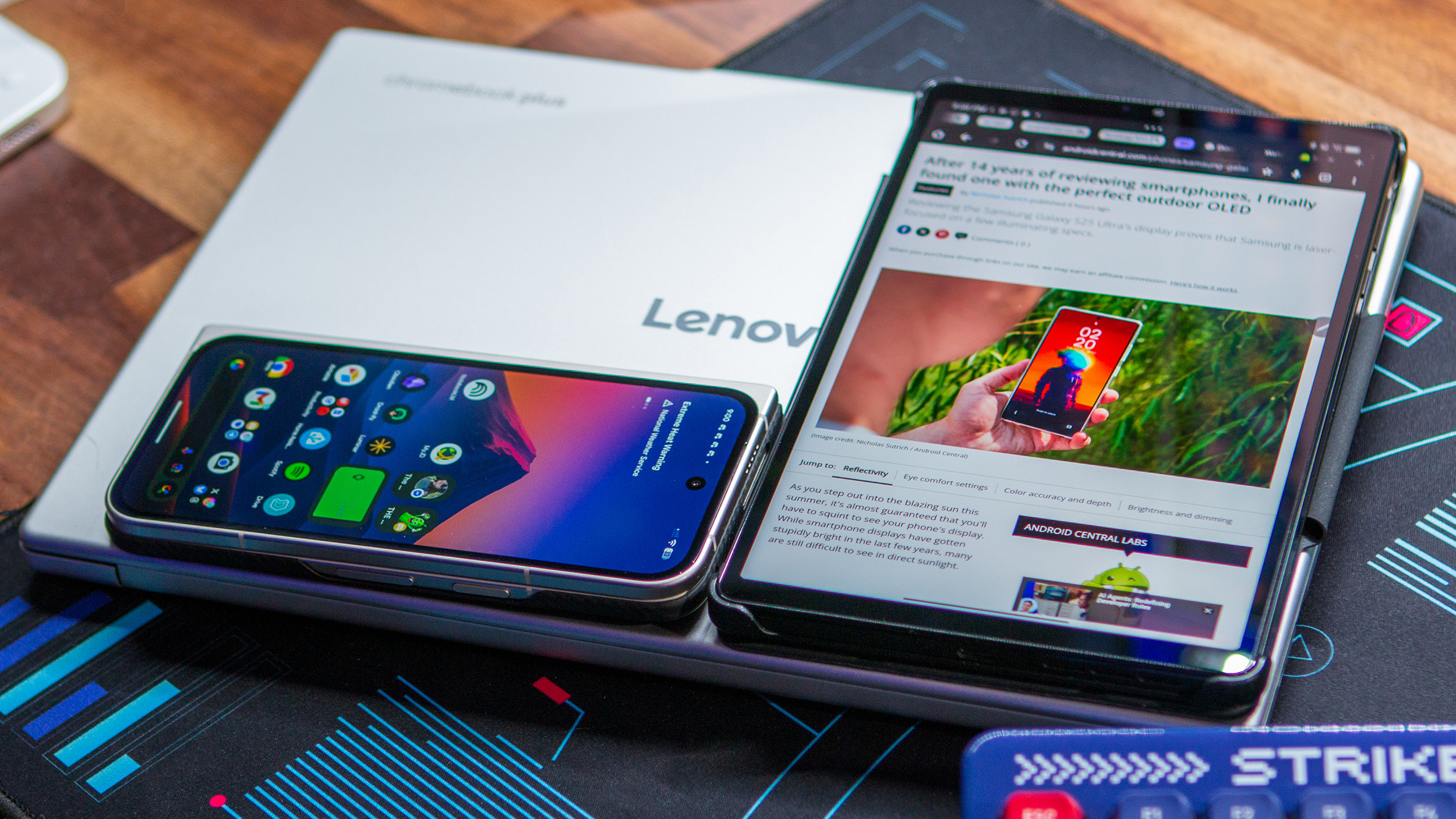
Enjoy our content? Make sure to set Android Central as a preferred source in Google Search so you can stay up-to-date on the latest news, reviews, features, and more.

Beyond the Alphabet is a weekly column that focuses on the tech world both inside and out of the confines of Mountain View.
This week, Qualcomm hosted its yearly Snapdragon Summit, where the company has already unveiled the next generation of flagship smartphone chips, along with new Snapdragon Arm processors. I'm just as excited as the next nerd about those, but something was said by Google SVP for Platforms and Devices Rick Osterloh during the CEO Keynote that caught my attention.
Towards the end of the Keynote, Osterloh was asked by Qualcomm President and CEO Cristiano Amon "What can you share about this new project we're doing together about personal computing?" Right off the bat, that's enough to get my ears to perk up, as I assumed it would have something to do with Chromebooks and ChromeOS. However, Osterloh's response didn't mention ChromeOS or Chromebooks once.
Google's entering the "PC domain"?
"In the past we've always had very different systems between what we're building on PCs and what we're building on smartphones. And we've embarked on a project to combine that. And so, we're building together a common technical foundation for our products on PCs and desktop computing systems."
That might seem like a bunch of fodder, but it's just the build up before Osterloh reaches the crescendo a moment later. "...bringing all of our application and developer community into the PC domain. So we're really excited about this, and I think this is another way in which Android is going to be able to serve everyone in every computing category."
Pixel Laptop anyone?
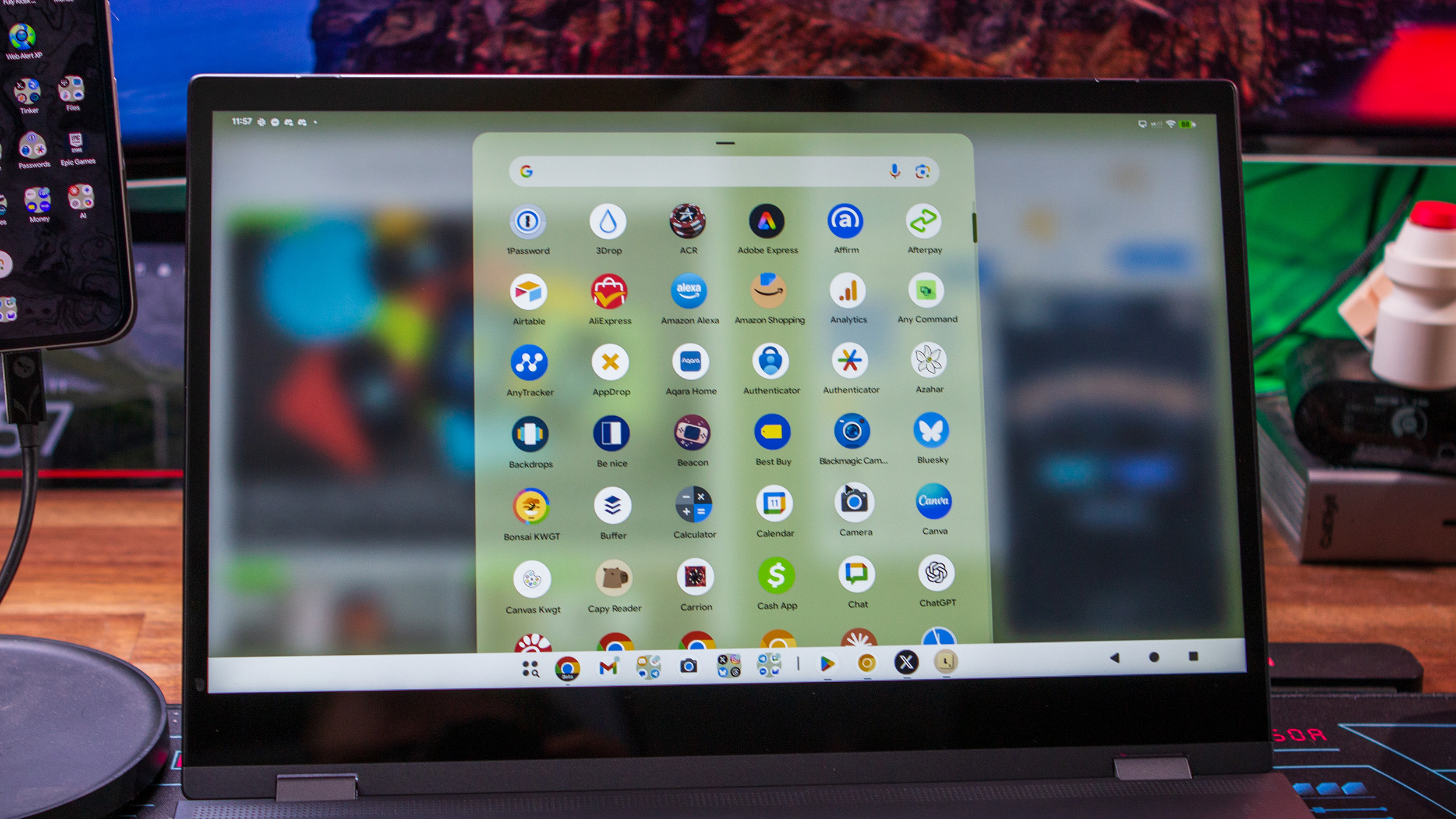
Feel free to correct me if I'm wrong, but that sure sounded like Google is working on something major, with Osterloh trying to remain as tight-lipped about it as possible. Then, Amon let another cat out of the bag, as he replies with "It's incredible. It delivers on the conversion from mobile to PC. I can't wait to have one." So not only is this a separate platform from say, Windows, but it sure sounded like Google's working on some new hardware.
Immediately, I was reminded of the "Pixel Laptop" rumor that was making its rounds in late 2024, which was initially said to be running ChromeOS. However, a subsequent rumor suggested that wouldn't be the case, and instead would be the result of merging ChromeOS into Android, creating a completely different, yet familiar, experience.
Google's cooking something up
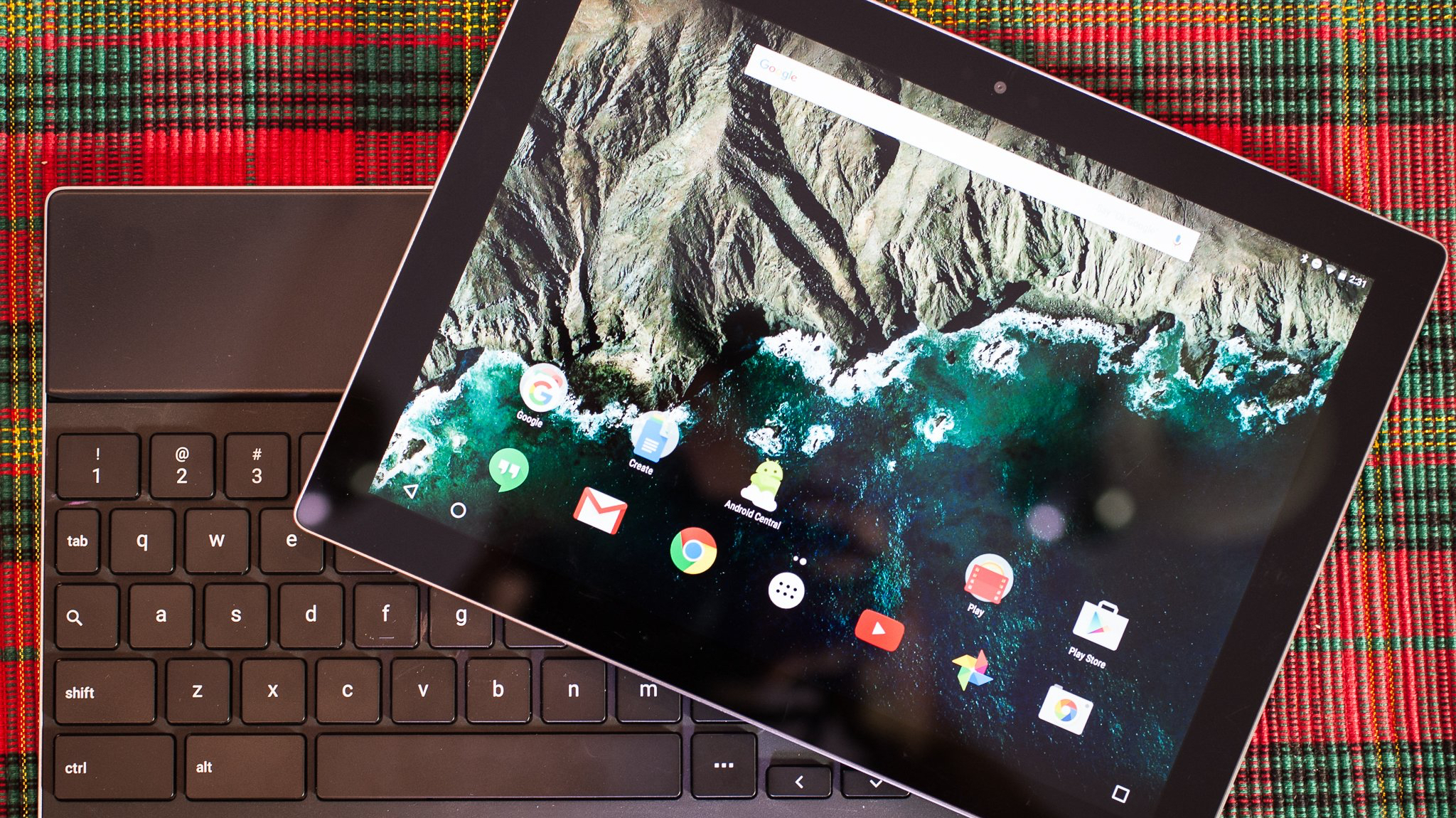
That would've been enough for me to be intrigued, but then, our friends over at Chrome Unboxed called out a discovery made by Chromebook Live about "Android Desktop." And before that, Chrome Unboxed found references to a brand new ARM-powered ChromeOS tablet codenamed "Sapphire" with "code changes that explicitly add support for an LED light bar." Where have I seen the light bar before? Oh right, on the Chromebook Pixel and Pixel C, two devices made by Google.
Get the latest news from Android Central, your trusted companion in the world of Android
All of this comes on the back of Google's continued push to merge the ChromeOS and Android kernels, representing a tectonic shift for both platforms. Not to mention all of the progress we've seen with Desktop Mode on Android 16, letting you plug your phone into a monitor and being presented with an interface similar to what Samsung DeX has offered for years.
Based on the conversation between Osterloh and Amon, I don't think they were talking about a device that requires a phone for it to run (i.e. NexDock). It just feels like Google is gearing up for a massive release and something that could change the way we think about Android and ChromeOS forever.
Sorry Tensor, the Snapdragon is here
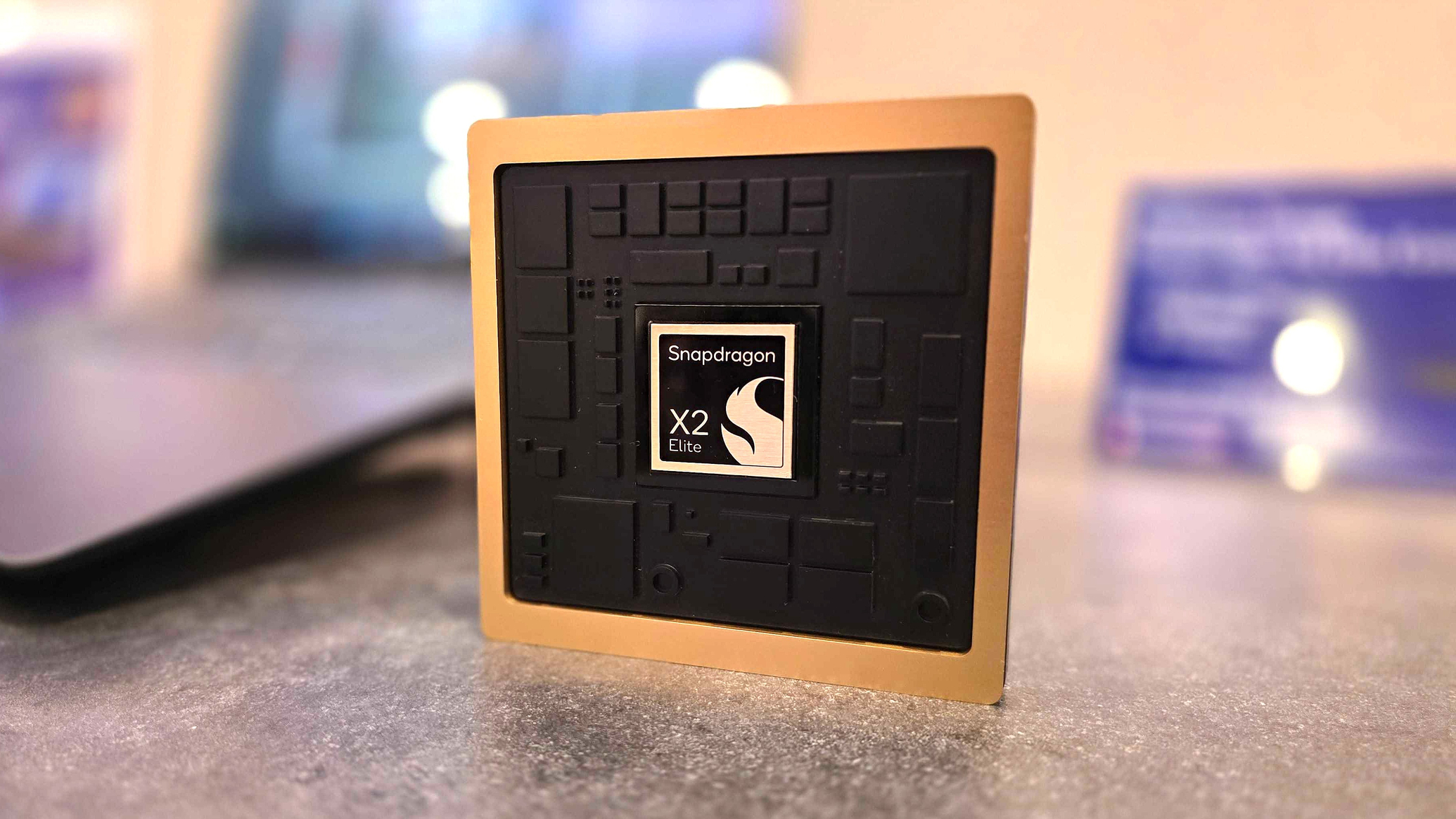
There's another interesting tidbit to throw into the mix here, and it's not something that I was expecting. In the past, I've suggested that Google should make a splash by releasing a new Pixelbook powered by its own Tensor SoC.
It sure seems as though that won't be the case, and instead could be powered by a Qualcomm chip. And seeing as the hardware is at the point that its being demoed, albeit privately, this suggests Google is closer than we thought to actually releasing a new piece of hardware to pair with its new OS venture.
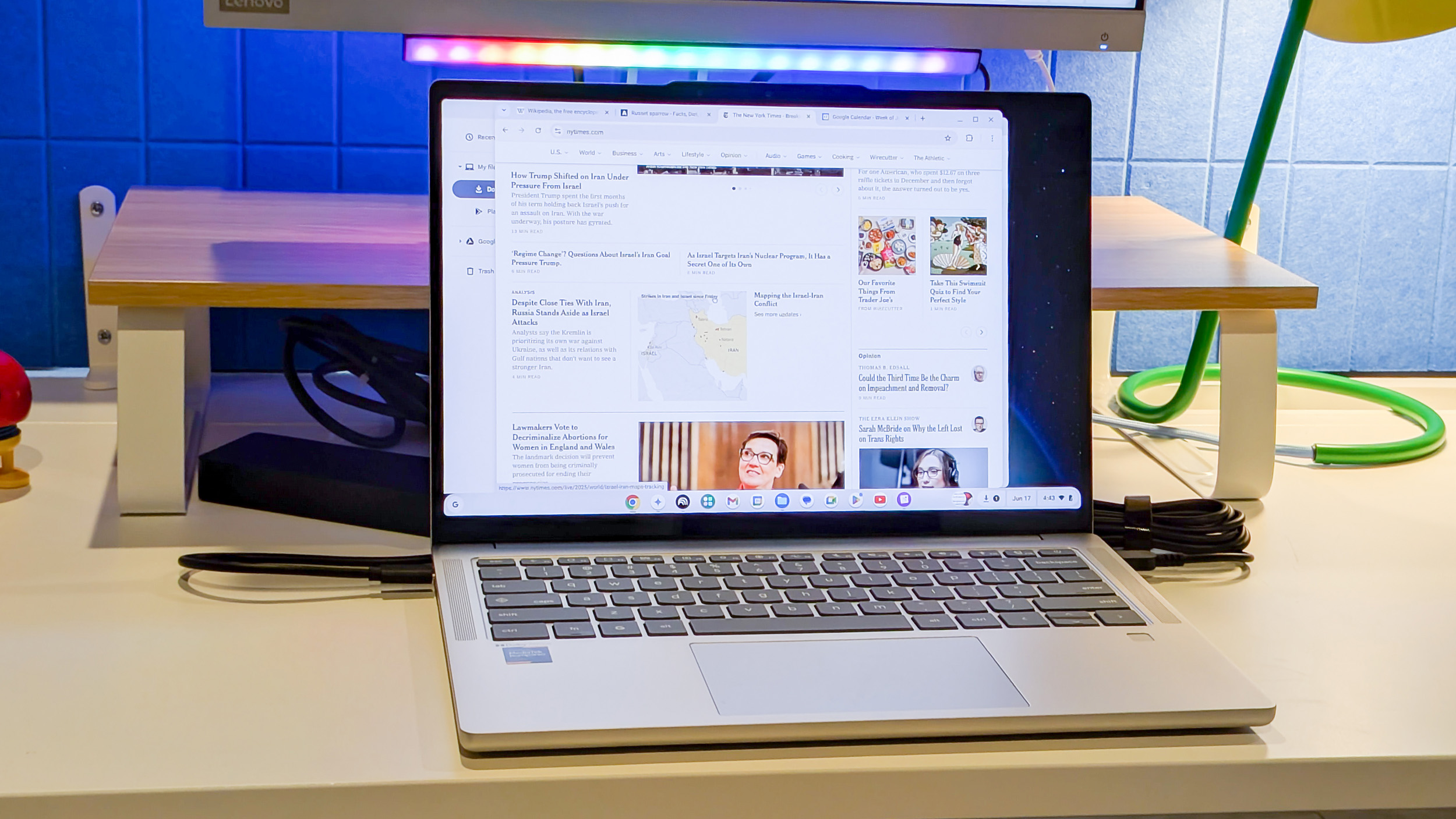
If I were to guess, this would be powered by one of the Snapdragon X2 Elite processors, as opposed to the Snapdragon 8 Elite Gen 5. This would give Qualcomm a way to respond to MediaTek's inclusion of the Kompanio Ultra found in the likes of the Lenovo Chromebook Plus 14 and more recently, the Acer Chromebook Plus Spin 514.
No matter what happens, it's clear that something big is on the way and that it's just a matter of "when" and not "if." That alone should be enough to get everyone excited about the future of ChromeOS and Android.

Andrew Myrick is a Senior Editor at Android Central. He enjoys everything to do with technology, including tablets, smartphones, and everything in between. Perhaps his favorite past-time is collecting different headphones, even if they all end up in the same drawer.
You must confirm your public display name before commenting
Please logout and then login again, you will then be prompted to enter your display name.

